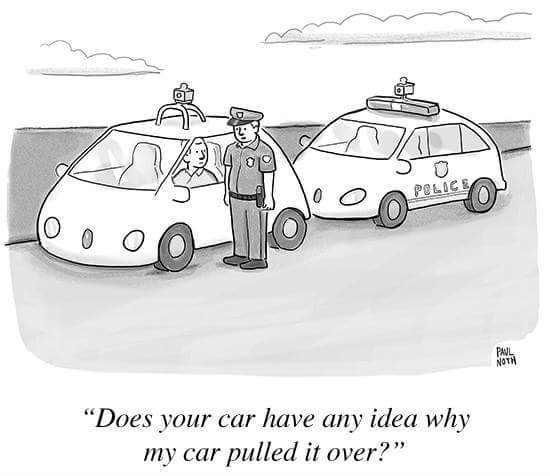When designing cross-organizational processes ‘hence’ including cross-organizational control structures, who will be accountable to look after the controls in question?
Take LIBOR(gate). Someone(s) dreamt up a structure of ‘self-regulation’, which even the most brief moronically-superficial gleaning over history will tell will fail, and then forgot one’s accountability for putting in place such a sure to fail thing.
’cause only accountability will force ‘taking’ responsibility and actually doing both parts of Trust But Verify.
No, the latter part was not taken up by the individual banks involved. Because they had perfect (O)RM in place. That, by perfectly sensible, justified, and objective achievement-perfecting arrangements, focused on the risks to the own organisation only as they were, are, internal departments working for the optimization of the organisation (taking into account local Board’s risk appetites and attitudes, risk estimations, budgets, cost/benefit analysis and what have we); nothing more or they would bordering-on-(?)-the-illegally overstep their remit. Hence, intra-organizational conspiracy was not something any individual bank’s (O)RM department, or manager, had to worry about let alone be actively fleshing out as a potential risk.
The supra-organizational oversight required, the level where the scheming took place (huh I mentioned ‘supra’ not for nothing..!), could technically, operationally, tactically and strategically only have been envisioned at that same supra level, with the regulator(s) at that level, that instated the L-scheme. [Oh I could add a ton here on how any ‘lower’ level cannot in any logical way have ‘seen’ the risk(s)] So, accountability and responsibility, for setting up a scheme that was prone to the risk(s) in the first place and for not applying due control and oversight (from the strategic all the way to the operational/technical levels!), was and still is with those regulator(s).
How then have they escaped being kicked and imprisoned ..? By claiming ‘temporary’ insanity where Reality in the L-process and elsewhere, is only a string of ‘temporary’ moments ..? The lack of competence is appalling. But drowned in the finger-pointing flying all around except in the right directions.
Uch. One could get very depressed, and/or feel belligerent. Or see the mirror of a firing squad. In the latter, a number of soldiers fire, with only one round not being a blank so no-one knows who did it so none can be held accountable individually for the collective shooting of some villain. [If only in some miracle world it wouldn’t be that most victims are the Honorable very much in an Aristotelian Virtue sense.] Now, we have ‘one’ regulator shooting a whole squad, and all of the squad are blamed …!?

[Just a MSc uni in Delft. Because science ..!]














